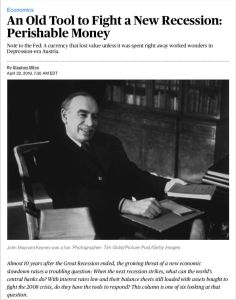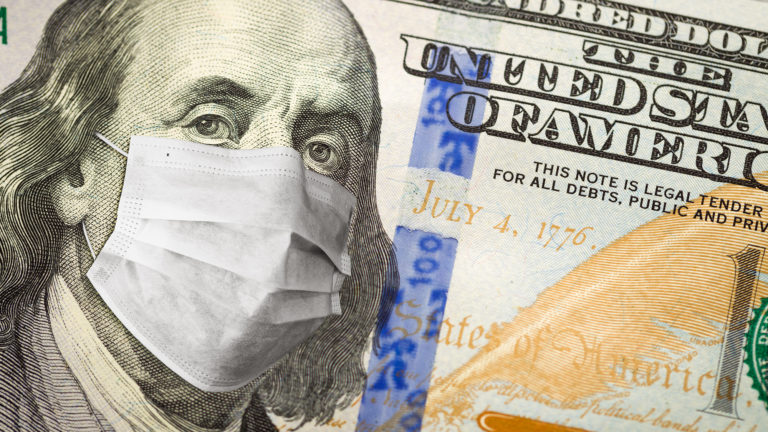Join getAbstract to access the summary!

Join getAbstract to access the summary!
Stephen Mihm
An Old Tool to Fight a New Recession
Perishable Money
Bloomberg, 2019
What's inside?
To fight the next global recession, decaying money might be a better choice than more money.
Recommendation
Traditional monetary policy prescribes injecting money into a system in crisis. But with interest rates near zero, US policy makers will need a new trick to stimulate the economy the next time it buckles. In this intriguing Bloomberg column, history professor Stephen Mihm argues that central bankers should bone up on a idea proposed more than 100 years ago: that what an ailing economy needs isn’t more money but faster money. Executives, entrepreneurs and citizens interested in a creative response to the next recession will find this a thought-provoking article.
Summary
About the Author
Stephen Mihm is an associate professor of history at the University of Georgia.


















Comment on this summary